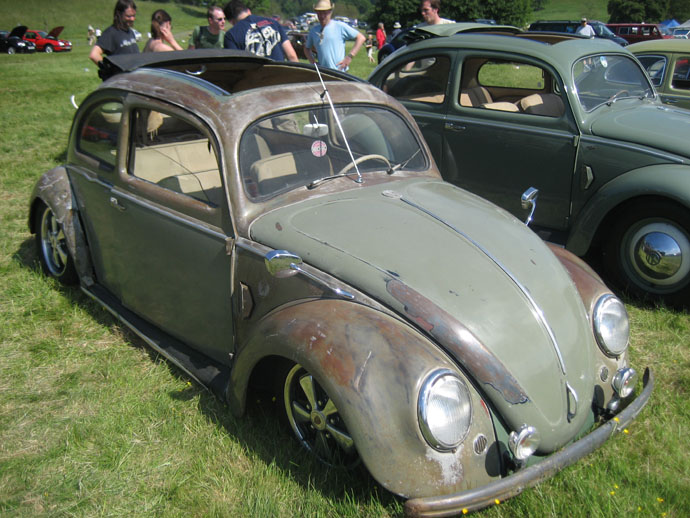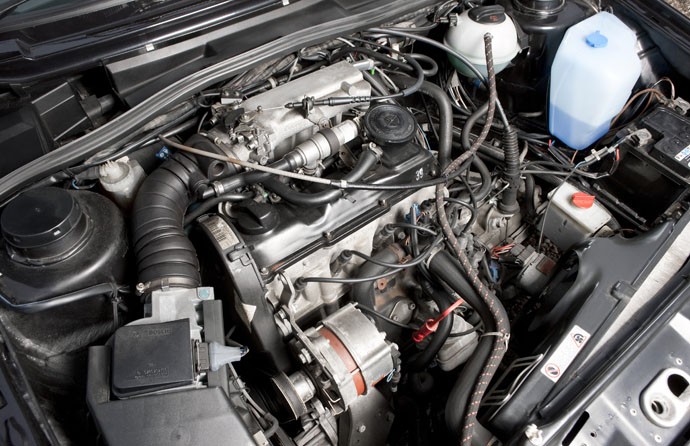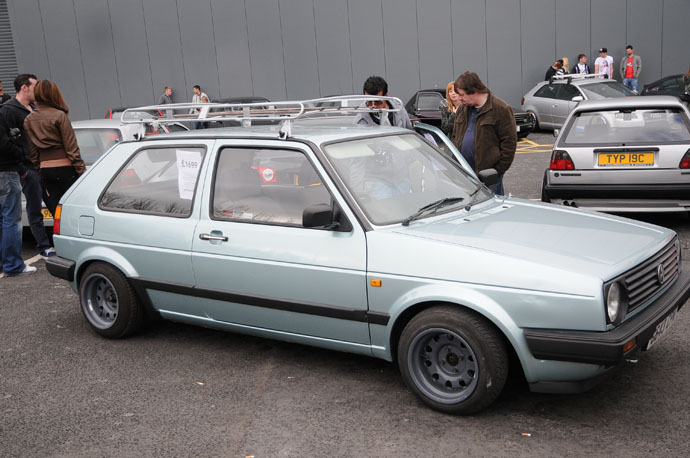Who said new cars were cleaner? There’s a strengthening argument to suggest that running an old car is actually more kind to the environment than newer ones – making our VW hobby not only more fun, but also ethically more viable than buying a new motor…
Yes, that’s right. Based on a 2013 study by the independent technical research institute TÜV Nord, the latest supposedly ultra clean petrol engines claim that the very latest direct injection petrol engines release about 1000 times more particles classified as harmful by the World Health Organisation than traditional petrol engines – and 10 times more than the very latest diesels. This is because the engines operate at higher cylinder pressures which tends to produce larger numbers of the particles.

While the rush by manufacturers to develop small capacity direction injection petrol engines to reduce CO2 emissions to keep Brussels happy may seem ‘green’ it seems they chuck out other nasties, including harmful carcinogens.
Of course manufacturers are aware of this, which is why the possibility of fitting particulate filters similar to the ones fitted to the latest diesels has been mooted. However, problems relating to DPFs ‘clogging’ are well known but with some owners removing them when issues arise, this doesn’t seem like a good solution either.

The argument that buying and running a new car reduces your carbon footprint is equally flawed. Another report, this time by the Guardian newspaper, suggested that around 17 tonnes of CO2 is emitted during the production of a family-sized car. That’s almost three years’ worth of gas and electricity in the typical UK home. The article concluded that unless you do very high mileages or own a real gas guzzler, it makes more sense to hang on to your old car.

Obviously if you make an old car reliable by looking after it you can extend its life indefinitely – if you keep a car last to 200,000 miles rather than 100,000 miles, the paper stated, then the emissions for each mile the car does in its lifetime may drop by as much as 50 per cent as a result of getting more distance out of the manufacturing emissions.
Running an old car really can be kinder to the environment and when you factor in things like inexpensive parts and cheap insurance, you can be cleaner, greener and save a potful of money at the same time. Remember this when your neighbour turns up in their new pride and joy and smiles at you and your classic Dub on the driveway…
Ian
The opinions expressed here are the personal opinions of the author and do not necessarily represent the views and opinions of VW Heritage

